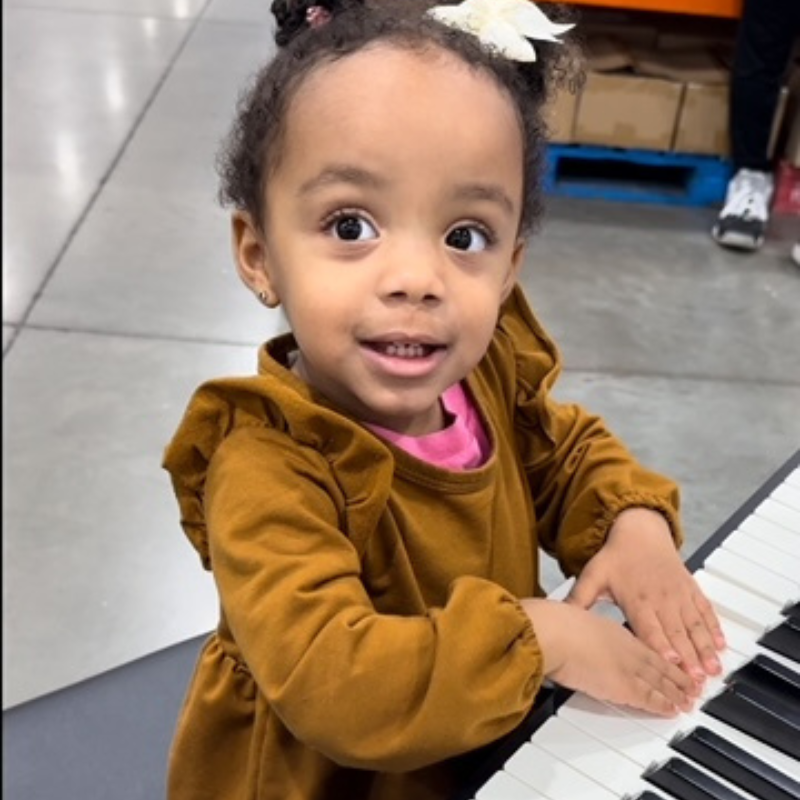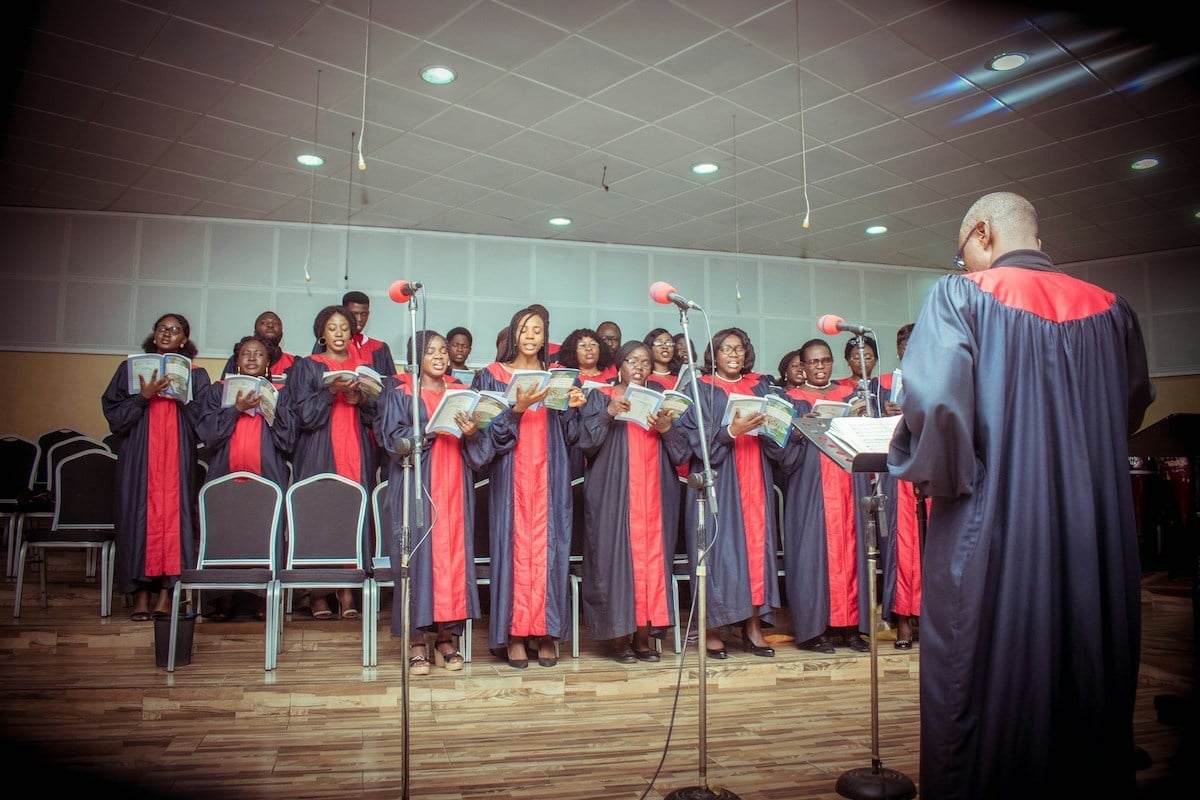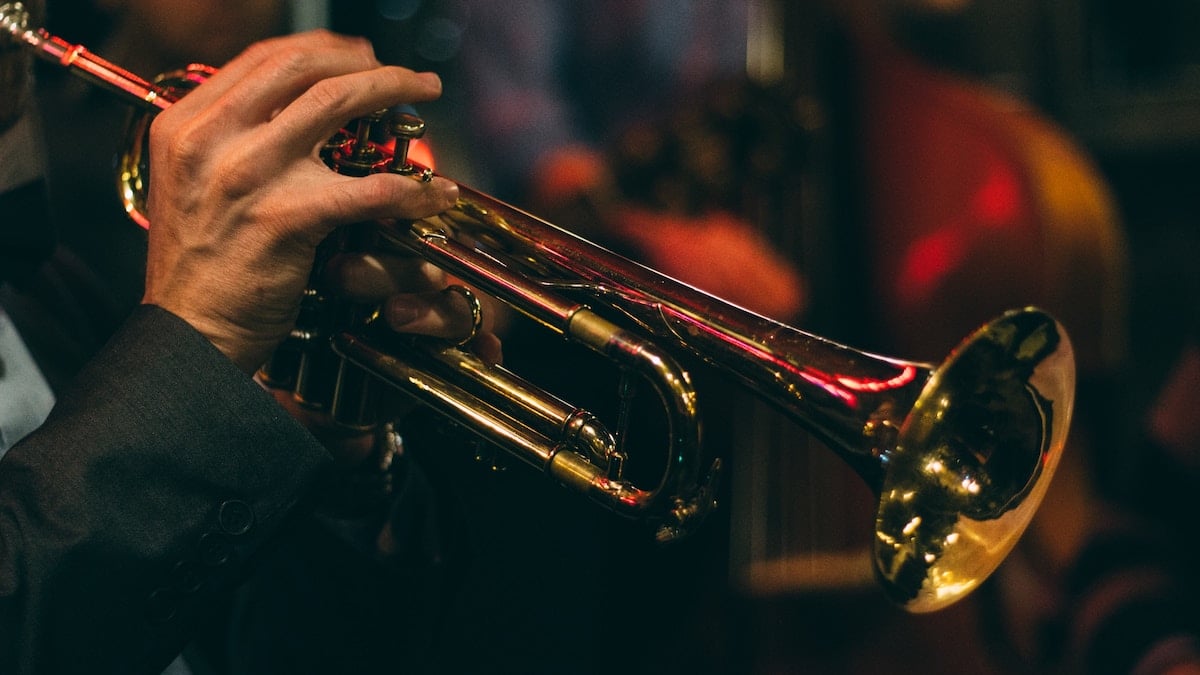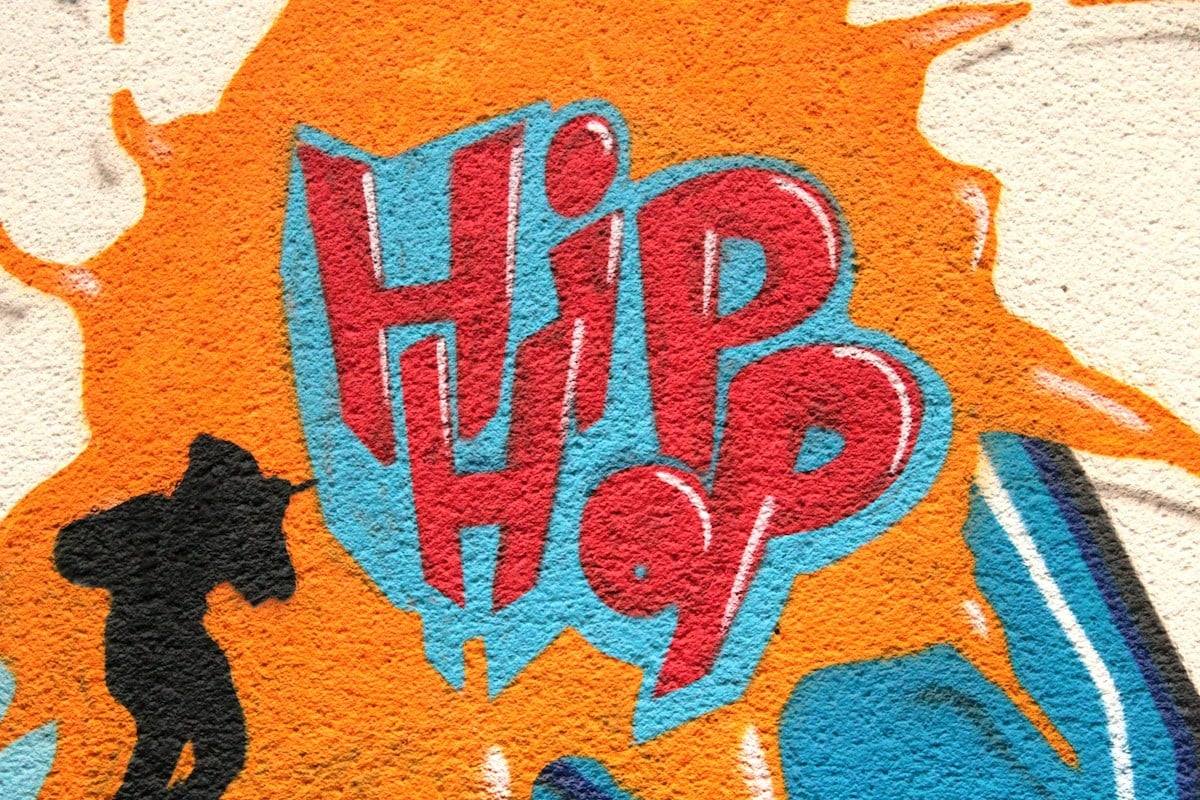One aspect of Black culture that has always held a special place in my heart is the music. It's like a time machine, transporting me back to cherished moments spent at my grandparents' house, the soul-stirring hymns at church, or those endless car rides with my mother where every song had a story.
Music has this magical ability to etch memories into our hearts, marking moments in time with its rhythm and melodies.
Now, as a mom myself, I'm eager to share the diverse world of Black music with my daughter. From the deep-rooted spirituals and soulful blues to the improvisational jazz, uplifting gospel, rhythmic hip-hop, and more, Black music has left an indelible mark on the world.
 |
Nuri, the author's daughter, at the piano.
This Black History Month, I'm highlighting four awesome styles of Black music, and highlighting some of my favorite artists so your family can dive into this incredible legacy.
 Iyinoluwa Onaeko | Unsplash |
Spirituals and Gospel
The origins of Black music in America can be traced back to the spirituals that enslaved African Americans sang. These songs served as both a form of religious expression and a means of resistance and hope. They laid the foundation for gospel music, which emerged in the late 19th and early 20th centuries.
Gospel music is known for its powerful vocals and themes of faith and redemption.
I grew up in a Black church and spent time singing in my Christian camp choir, where I was exposed to countless hymns and gospel songs. These songs highlighted the struggles and celebrated the triumphs Black people have experienced throughout history. They inspire us to dance, persevere through difficult times, and seek a brighter future. Watch: Say Amen, Somebody.
 Chris Bair | Unsplash |
Blues and Jazz
The blues, born in the American South, is a genre that has deeply influenced many others. Artists like B.B. King and Muddy Waters brought raw emotion and storytelling to their music, leaving a profound impact.
Jazz, often considered America's classical music, emerged in New Orleans and evolved into various subgenres, including Dixieland and bebop.
When I think of these music genres, I'm reminded of my grandfather's massive record player, filling the room with the powerful melodies of artists who poured their passion into their lyrics. The instrumental genius behind it all was a treat for the ears. As I've grown older, I've come to appreciate how much this music laid the foundation for many artists I enjoy listening to today. Watch: Jazz.
 Kara Murphy | Macaroni KID |
R&B and Motown
Rhythm and blues (R&B) gained immense popularity during the mid-20th century, introducing the world to legendary artists like Ray Charles and Sam Cooke.
Motown, a record label founded in Detroit, played a pivotal role in promoting Black artists and their music. The iconic Motown sound featured legendary artists such as The Supremes, Marvin Gaye, and Stevie Wonder. Today, R&B has evolved and become a mainstream music genre.
I fondly recall my mother driving me to school while we listened to the smooth harmonies of Boyz II Men, the iconic voices of Mariah Carey and Whitney Houston, and the brilliant songs of Michael Jackson and Prince. These artists have not only left a lasting impact on the music industry but also inspired many contemporary artists, including my daughter's favorite, Beyoncé. Watch: Hitsville: The Making of Motown
 Ben Wiens | Unsplash |
Hip-Hop and Rap
Hip-hop and rap originated in the vibrant streets of the Bronx during the 1970s, quickly evolving into a cultural phenomenon. These genres have provided a powerful platform for Black artists to address social issues and share their life experiences, and served as a canvas for creative expression. Beyond the realm of music, hip-hop's influence extends into dance, art, and fashion, profoundly shaping contemporary culture.
Hip-hop holds a special place in the hearts of my generation. Icons like Tupac Shakur, Lauryn Hill, and Drake provided the soundtrack to our high school and college years. As someone who deeply appreciates poetry, hip-hop feels like the fusion of lyrical artistry with music, sending shivers down my spine. It will continue to inspire generations to come. Watch: Hip-Hop Evolution
Black music is a testament to the African American community's resilience, creativity, and cultural significance. During Black History Month and throughout the year, families can immerse themselves in this incredible musical heritage by listening to its diverse genres and learning about the artists who have shaped it. In doing so, we pay tribute to the incredible influence of Black musicians and their vital role in shaping the rich fabric of American culture.
Natasha Bethea Goodwin is the publisher of Macaroni KID District Heights, Md.











